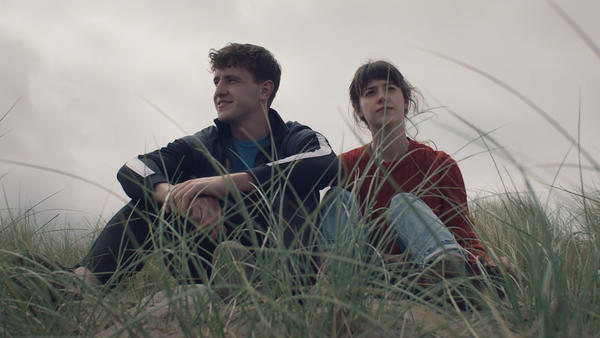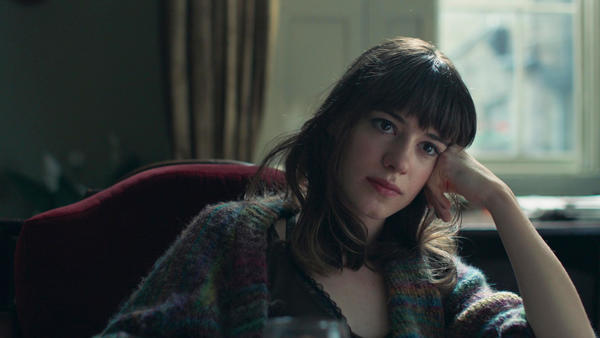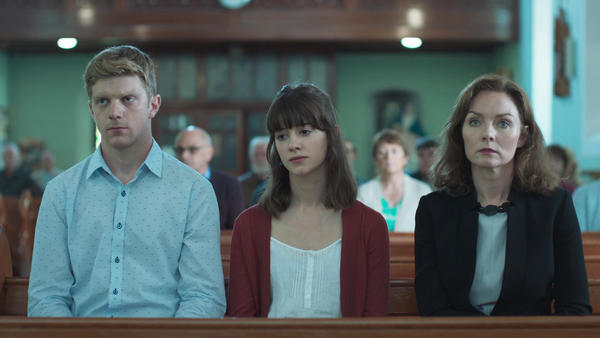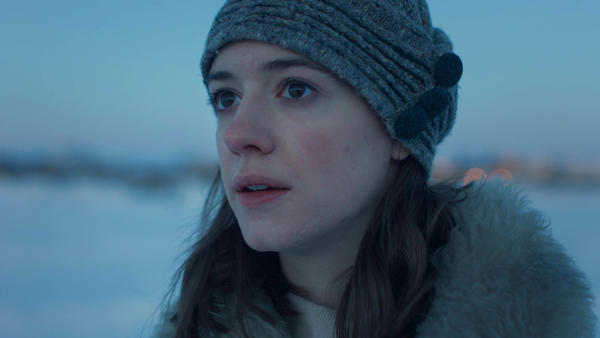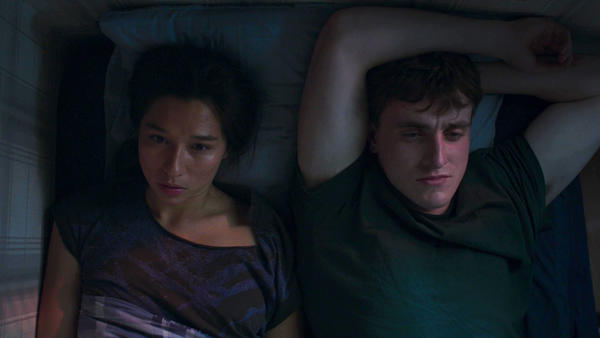Normal People
How to sustain a relationship, even when there’s clear attraction, sexual desire, and need to overcome loneliness? The various obstacles and difficulties to finding and maintaining a long-lasting bond.
These are the central issues of Hulu’s new series, the youth melodrama, Normal People, based on Irish author Sally Rooney 2018 best-seller of the same title, written by Rooney, Alice Birch and Mark O’Rowe.
Our Grade: B (***1/2 out of *****)
The high school couple, Marianne (Daisy Edgar-Jones) and Connell (Paul Mescal), is extremely likeable and seemingly ordinary.
The two soulmates, who realize how fortunate they are to have met each other early in life, apply for and get into the same college. However, despite good sex and company, they constantly break up–by will or by accident.
Rooney’s novel was deservedly praised for conveying in utmost detail the interior feelings and thoughts of Marianne and Connell’s lives; most novels center on one gender.
In a sensitive way, she even found ways to depict what goes inside the minds and bodies of late teenagers when they engage in sex.
Rooney brought her psychological acuity and spare prose to a story that explores the subtleties of social class, the magical electricity of first love, the complex entanglements of dysfunctional families.
By and large, directors Lenny Abrahamson, the force behind the Oscar winner Room, and Hettie Macdonald, best known for another prestigious literary adaptation, Howards End, have crafted a faithful adaptation to the novel.

Lacking sentimentality, the miniseries Normal People is a tale of pull and push forces in one turbulent youthful relationship. How despite various obstacles, the couple almost magnetically and always irresistibly are drawn back together. But doubts continue to impact their interaction, forcing each to confront himself/herself of how far they are willing to go to save the other.
But, ultimately, the show’s creators seem unable to overcome the problem of making a visually compelling dramatization of a novel that is essentially internal and spare.
Seeking to increase the potential viewership of their miniseries, they might have succumbed too easily to the more facile melodramatic aspects of story (such as Marianne’s veering to self-destruction).
Episode 2
Episode 9
Episode 10
Episode 11
Episode 12
